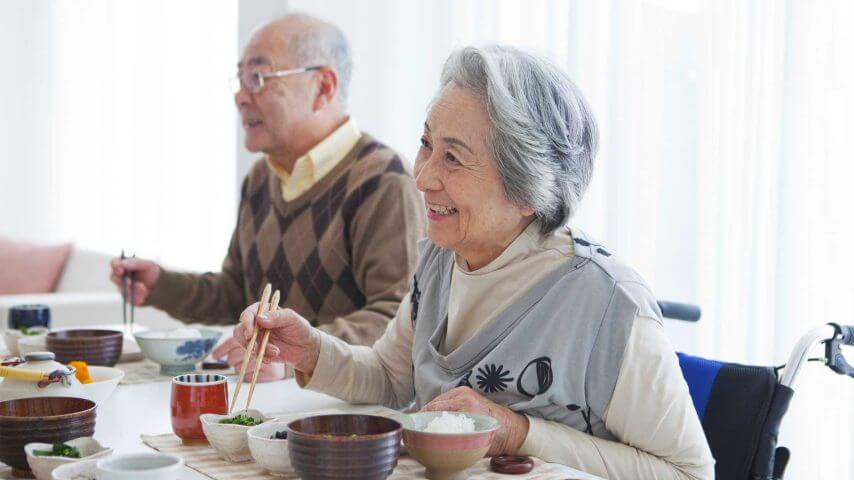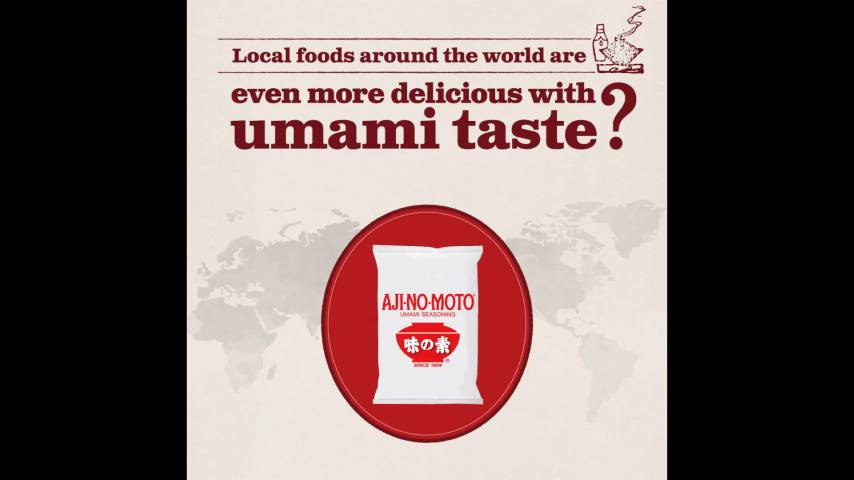Reading Time: 5minutes
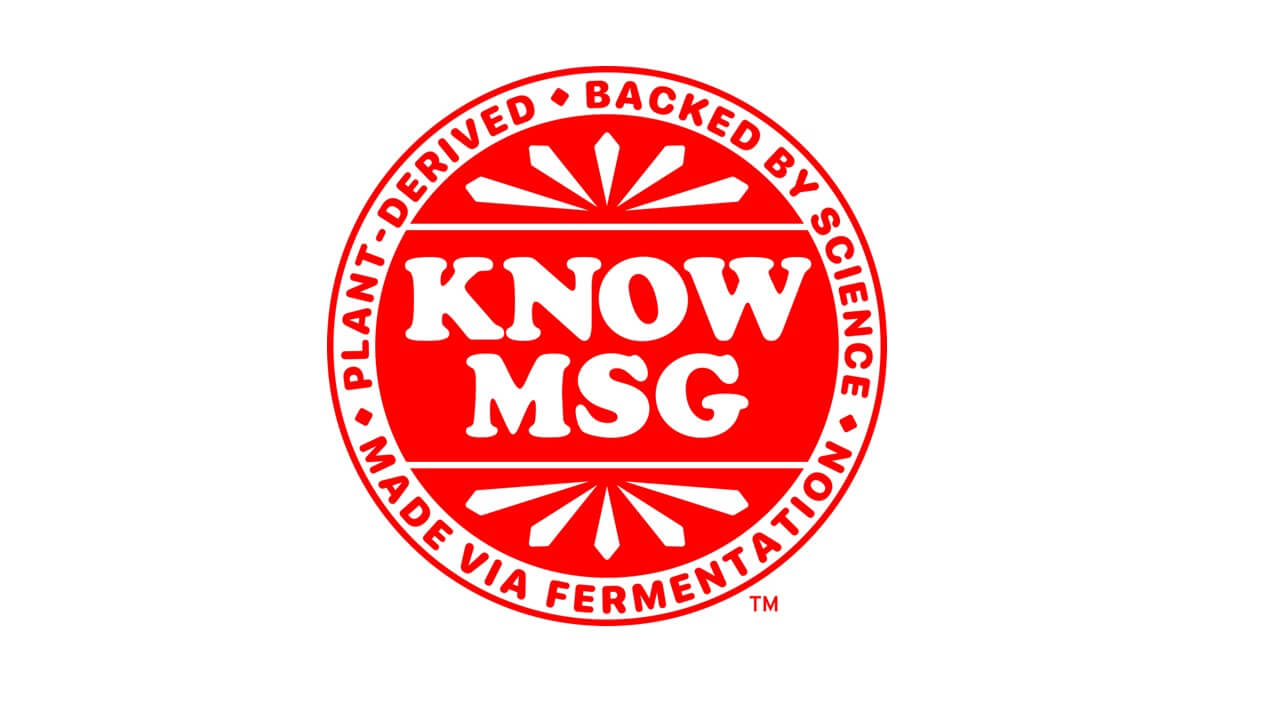
Table of Contents
Every bite we take, every sip we drink, and every choice we make about food is a testament to the saying, “You are what you eat.” However, with the influx of information on what is and isn’t healthy, it’s often challenging to discern the facts. One of the most commonly misunderstood ingredients is monosodium glutamate (MSG).
What is MSG and How Did it Gain its Reputation?
Despite reputable research vouching for its safety, MSG has been viewed negatively for decades in the United States. Trusted organizations, including the Joint FAO/WHO Expert Committee on Food Additives (JECFA) and the United States’ Food and Drug Administration (FDA), have confirmed that it’s safe to use, but the shadow of misconception still looms large. Many food products and restaurant menus even sport “No added MSG” or “No MSG” labels. But what is MSG? Essentially, it is the sodium salt of glutamic acid, a naturally occurring non-essential amino acid. It’s found in foods we love, meat, fish, eggs and dairy products, as well as tomatoes, corn and nuts. MSG is also the purest form of umami, one of the five core tastes that is often described as the meaty, savory deliciousness that deepens flavor.
Over a century ago, Dr. Kikunae Ikeda identified the unique taste MSG provides as umami. Inspired by the delicious taste of his wife’s broth, Dr. Ikeda found that the taste of umami could be attributed to the glutamate in the seaweed it contained. That was the starting point of his research and of the Ajinomoto Group. The commercial form of MSG, AJI-NO-MOTO®️, is derived from plants and combines one-part naturally occurring glutamate with one-part sodium. By 1909, MSG was patented and commercialized to become the world’s first umami seasoning. Though MSG is the purest form of umami, the two words have different perceptions. When people hear the word umami, many associate it with a rich and savory flavor. However, when people hear the word MSG, their associations are often negative. One key communication goal for the Ajinomoto Group is bridging that disconnect—communicating the message that MSG, like other forms of umami, offers a way to enhance flavor and reduce salt intake simultaneously, contributing to a healthier lifestyle.
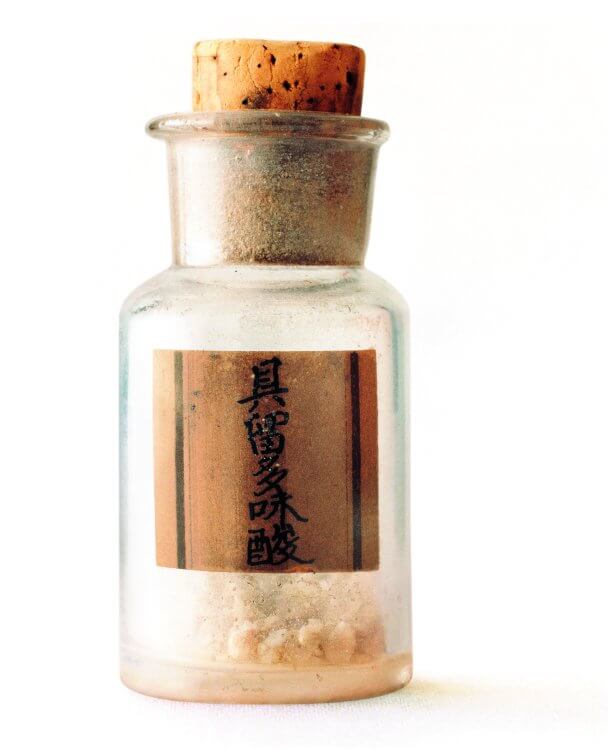
The glutamic acid extracted from kombu by Dr. Kikunae Ikeda (1908)
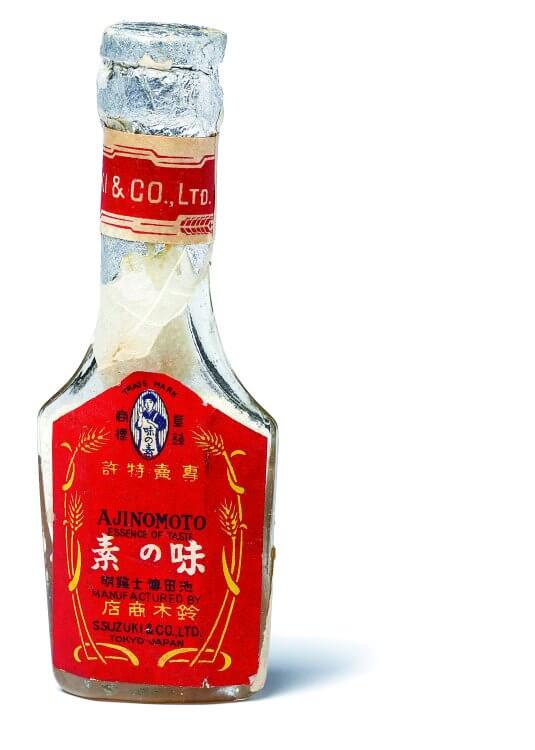
The original AJI-NO-MOTO® (1909)
The Umami Project: Shifting Perceptions
To break down misconceptions and advocate for MSG, the Ajinomoto Group launched the Umami Project in 2018, starting with the World Umami Forum in New York City where attendees learned about the history of MSG and its versatility in food applications. A post-event survey revealed that 75% of the attendees acknowledged the potential for MSG to reduce sodium without compromising taste.
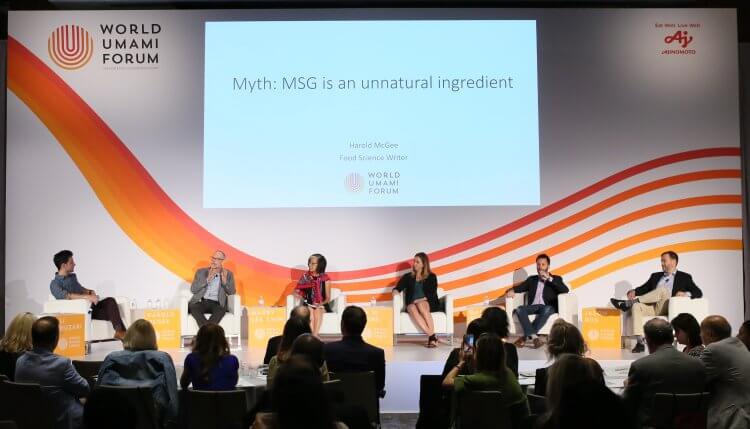
Panel discussion about misconceptions around MSG

umami-rich food taste-testing
At the Food & Nutrition Conference & Expo in 2019, registered dietitians were given the opportunity to taste dishes made with and without MSG. The feedback was overwhelmingly positive. Dishes prepared with MSG were praised for their enhanced flavors. Some comments from attendees included, “I never knew MSG had 2/3 less sodium than salt,” and “It’s difficult to find good salt alternatives in the US—the Ajinomoto Group should proactively introduce MSG’s capacity to reduce sodium here.”
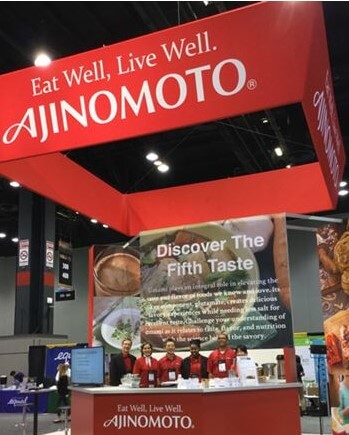
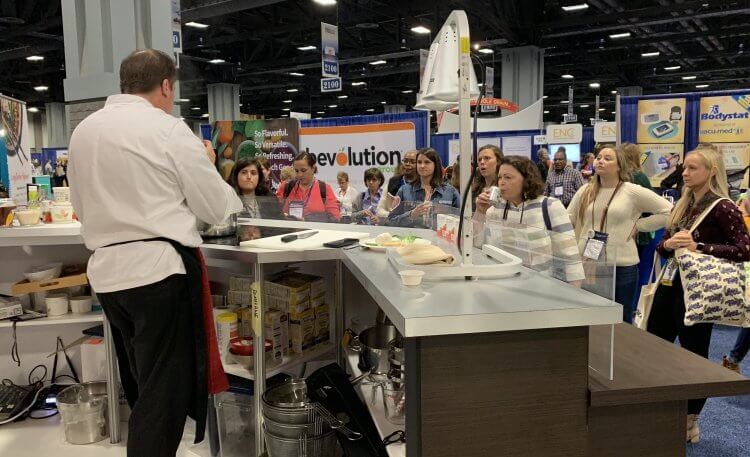
Attention has also been focused on Gen Z and millennial consumers with initiatives such as #KnowMSG making strides in changing the narrative, due to their openness to change and interest in healthy choices. Most recently, the #Cancel Pizza campaign highlighted the silliness of sidelining MSG when beloved foods such as pizza are rich with components of MSG namely glutamate and sodium.


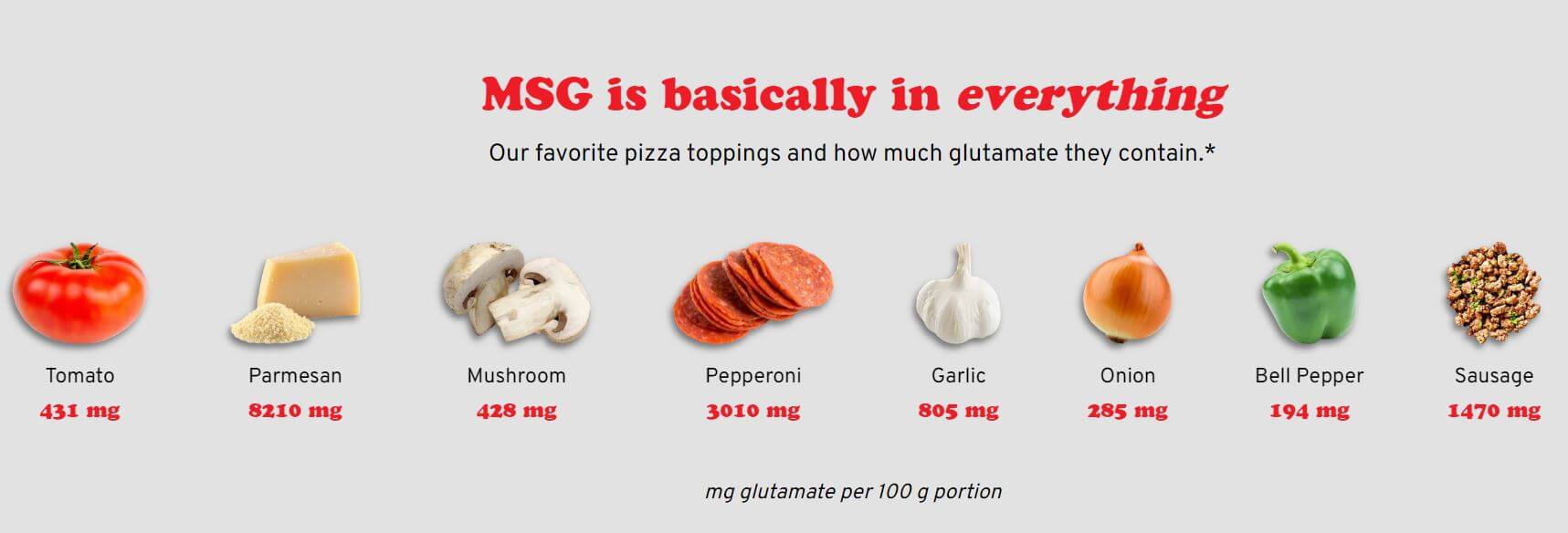
In response to the Ajinomoto Group-led #RedefineChineseRestaurantSyndrome campaign, Merriam-Webster, the publisher of one of America’s most authoritative dictionaries, officially acknowledged that the description for Chinese Restaurant Syndrome (CRS) was “dated, sometimes offensive” and updated the definition by adding information on the history of the term CRS and lack of conclusive evidence linking MSG to adverse reactions.
Meanwhile, governmental food agencies have reviewed the scientific evidence and continue to acknowledge MSG’s safety.
As a result of this acceptance, food producers and restaurants that once shied away from MSG are now much more open to incorporating it into their products and menus.
Repositioning MSG
In Japan, the Ajinomoto Group is positioning MSG as part of health risk management. Events targeting younger consumers to promote smart salt cooking, such as the Low Salt Club and annual umami cooking contests are resonating, and the Food & Wellness Future Forum showcased the Ajinomoto Group’s efforts. Through ongoing communication about the benefits of MSG, the Ajinomoto Group is working to dispel the myths surrounding MSG and discover the incredible potential it holds for enhancing our well-being.
A Vision for a Healthier World
Enhancing the flavor of many foods, including plant-based proteins and even vegetable parts that might otherwise be discarded, MSG has an important role to play in delicious salt reduction. In addition, AJI-NO-MOTO® is manufactured in a win-win relationship with suppliers of its raw materials, and is produced in a highly sustainable bio-cycle. Addressing the ongoing problem of misinformation about foods, the Ajinomoto Group will continue to push back with scientific information that helps everyone enjoy healthy, balanced MSG-seasoned meals with peace of mind, contributing to the well-being of people, society, and the planet.
The Ajinomoto Group aims to help extend the life expectancy of one billion people by 2030. To achieve this, we’re collaborating with governments and research facilities, and working tirelessly to help people realize the many benefits of MSG. This remarkable journey is all about changing perceptions to realize the full potential of umami and contributing to a world where good health and great taste go hand in hand.
Stories you may like

Achieving sustainability by building healthy, long-term relationships
- Food & Wellness
- Health and Well-being
- Umami

Smart solutions to reducing salt without compromising taste
- Food & Wellness
- Health and Well-being
- Umami

Completing the bio-cycle: AJI-NO-MOTO® co-products help to boost agricultural output
- Food & Wellness
- Health and Well-being
- Umami

